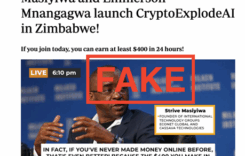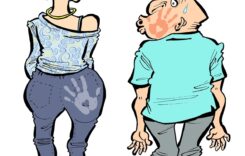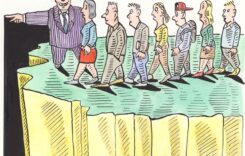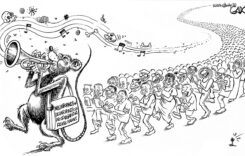Claim: Citizens Coalition for Change (CCC) Secretary-General Sengezo Tshabangu said CCC had sole legal rights to use the face of its former leader Nelson Chamisa as the party symbol, according to a local media report.
In an Interview with CITE, Tshabangu responded to accusations that he was running away with Nelson Chamisa’s face by saying. “I have no doubt President Chamisa presented his face as a symbol for us to use and we registered that face so he can’t claim today that, that is his face, that’s the face of the party and we are going to continue using it. Nobody is going to use that face, we will stop anybody that is going to use that face save for the party”.
He added that if Chamisa decided to leave the party, the symbol stays because it is company property. Chamisa announced on January 25 that he was quitting CCC, charging that it had been infiltrated and was being destroyed by President Emmerson Mnangagwa’s ruling ZANU-PF party.
Is it true that the law gives organisations uncontested rights to corporate symbols?
Is this true or false :
Verdict: False
What does the law say about intellectual property disputes?
Section 14 of the Trade Marks Act says it is unlawful to maintain registration of a trademark which through fault or neglect on the part of the registered proprietor or his assignee, has become one which is likely to deceive or cause confusion or which for any reason, would not be entitled to protection in a court of law.
Who decides whether to rescind registration of a trademark?
The onus is on the Registrar to decide whether a trademark is likely to deceive or cause confusion upon receipt of an undertaking by the proprietor, only then will he or she limit the use of a trademark.
Can two parties use the same symbol?
Section 15 of the Trade Marks Act prohibits the use of identical or resembling trade marks especially if one of the proprietors is already on the register
The Registrar has the obligation to consider any matter involving deception or confusion, he shall have regard to the likelihood of deception or confusion arising between any trade mark as applied in relation to goods and any trade mark as applied in relation to services.
Aggrieved parties have a right to appeal the decision of the Registrar under this section.
Sources:
Trade Marks Act
Interview with CITE,
Veritas
Related Content:
Do you want to use our content? Click Here












